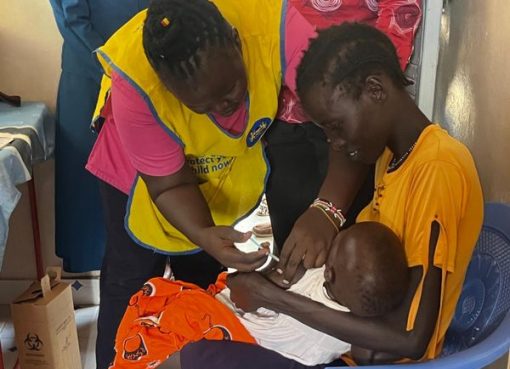Experts in neuroscience and health have converged in Nairobi to explore strategies to promote brain health third world countries.
The meeting organised by the Aga Khan University’s Brain and Mind Institute also brings together stakeholders on an ailment that have troubled low and middle-income countries.
The conference aims to share research on brain health, inform practices, and raise awareness in low and middle-income countries, while fostering collaborations for brain health integration.
The Founding Director of the Brain and Mind Institute, Prof. Zul Merali, stated that their operational model focuses on strengthening neuroscience and mental health research and interventions through capacity building and partnerships.
“Our focus is on brain health and mental health,” he emphasised.
In comparison, the President of Aga Khan University, Dr. Suleiman Shahabuddin, said that globally, mental health receives two per cent funding in middle-income countries and one per cent in lower-income countries.
Further, Dr. Shahabuddin added that Africa’s mental health constitutes two per cent of mental health research, yet it has the highest number of suicidal cases on the continent.
“If we spend time on multi-second prevention and see the opportunities created by digital technology, then we can spare regions from suffering,” he urged.
Aga Khan University CEO Rashid Khalani said that it would be pivotal for scientists, clinicians, and researchers to conduct local research that would help to develop treatments for mental health that are relevant to the local population.
At the same time, the Vice Chair of Aga Khan University’s Office of Research, Prof. Salim Virani, highlighted the global collaboration on mental wellbeing and the efforts of the global north and south to address brain issues.
He urged members to partner and learn from each other to know how best they are going to fight depression amongst themselves and the communities at large.
By Carol Mawia and Michael Omondi





